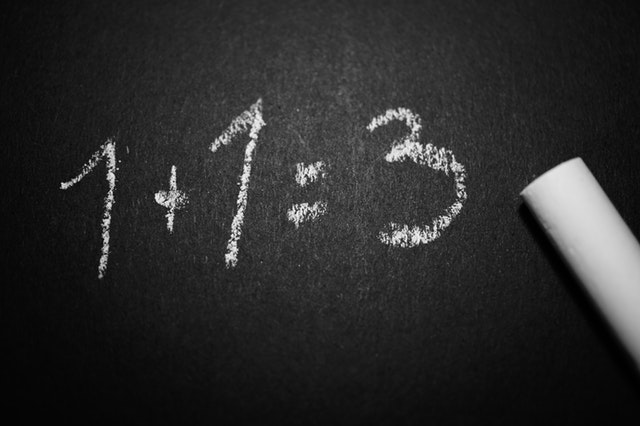Mathematical thinking and reasoning do not just happen. It is not a student’s skill in completing worksheets or problems on standardized tests. Mathematical thinking integrates math knowledge into real-life situations. Also, it involves math thinking with everyday problems that are not mathematical.
As students think mathematically, it contributes to their critical thinking skills. As students use mathematical reasoning, they become proficient in solving everyday math problems. They realize that math makes sense. Students can evaluate situations and problem-solving strategies, draw logical conclusions, and make and provide solutions.
Mathematical Potential of Students
All students can gain higher-order thinking skills. Students have a natural tendency to find purpose and meaning. Too often teachers help the student get answers. However, it does not improve the way students think. Transitioning through mathematical domains builds reasoning.
- Counting strategies
- Additive thinking
- Multiplicative reasoning
- Proportional reasoning
- Functional reasoning
Mathematical Skills Applied
- First, Students need to be encouraged to ask questions. They must be able to justify their answers. Once they can verbalize their answers, they can pinpoint their logic. Students should explain their process as much as possible. Therefore, they will repeat this on assignments and tests.
- Students need to prove their answers. Written proof of why their answer is correct forces students to look at each step of the process.
- Encourage the use of correct terminology. Students need to have consistent use of correct terminology. Otherwise, they become c0nfused.
- Third, students should work as a team. They hear their peers’ justifications as they work together to solve problems. Also, they can justify their solutions and make corrections as needed. Through this process, students learn to analyze and evaluate their work and the work of other students’ reasoning.
Mathematical reasoning is important for the future. Mathematics is everywhere. Therefore, students must have the mathematical understanding to use critical thinking and problem-solving skills. Thus, they can find solutions to everyday problems.
Reasoning and sense-making refer to students’ abilities to think about and use mathematics in meaningful ways. In any subject, simply exposing students to topics is not enough.



